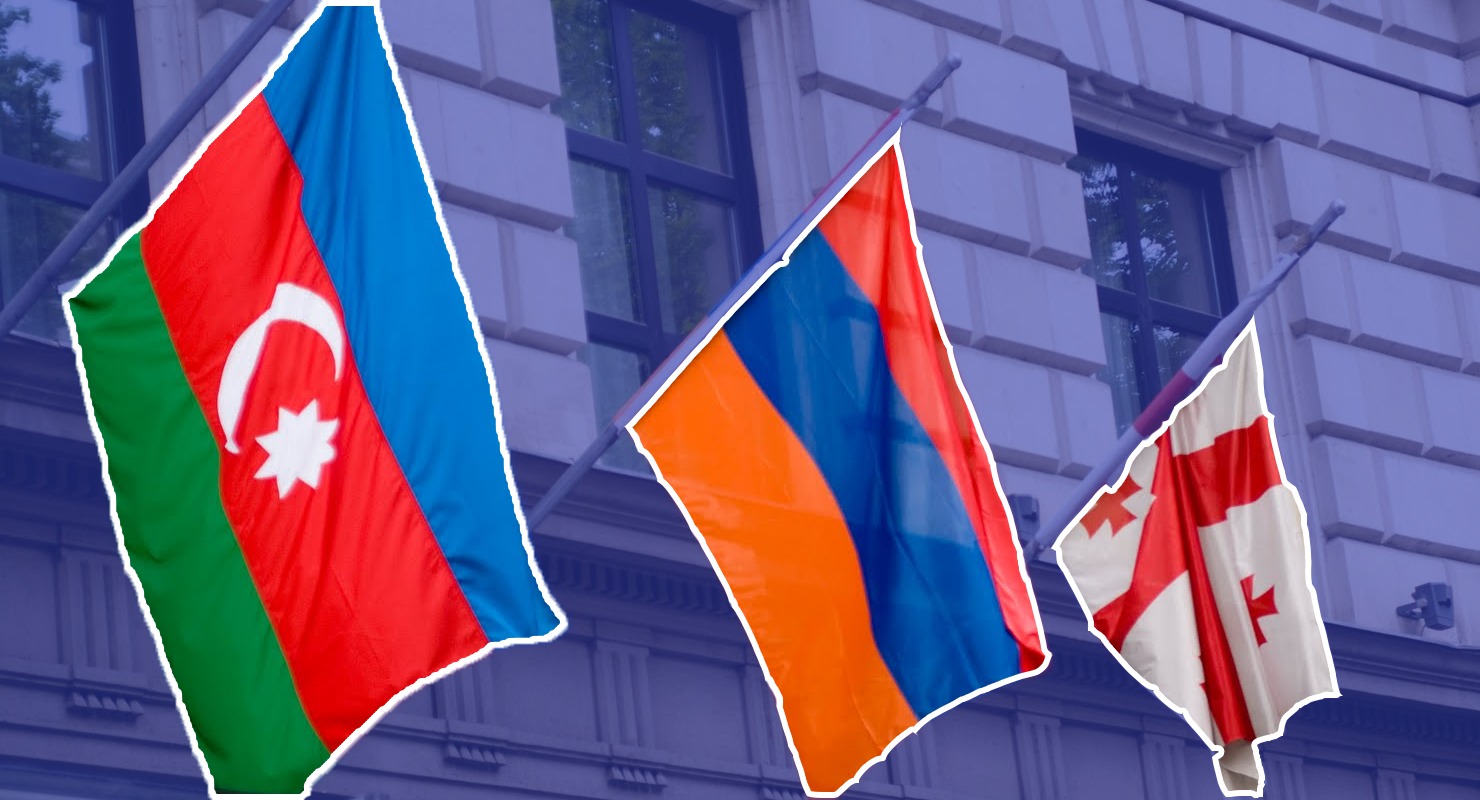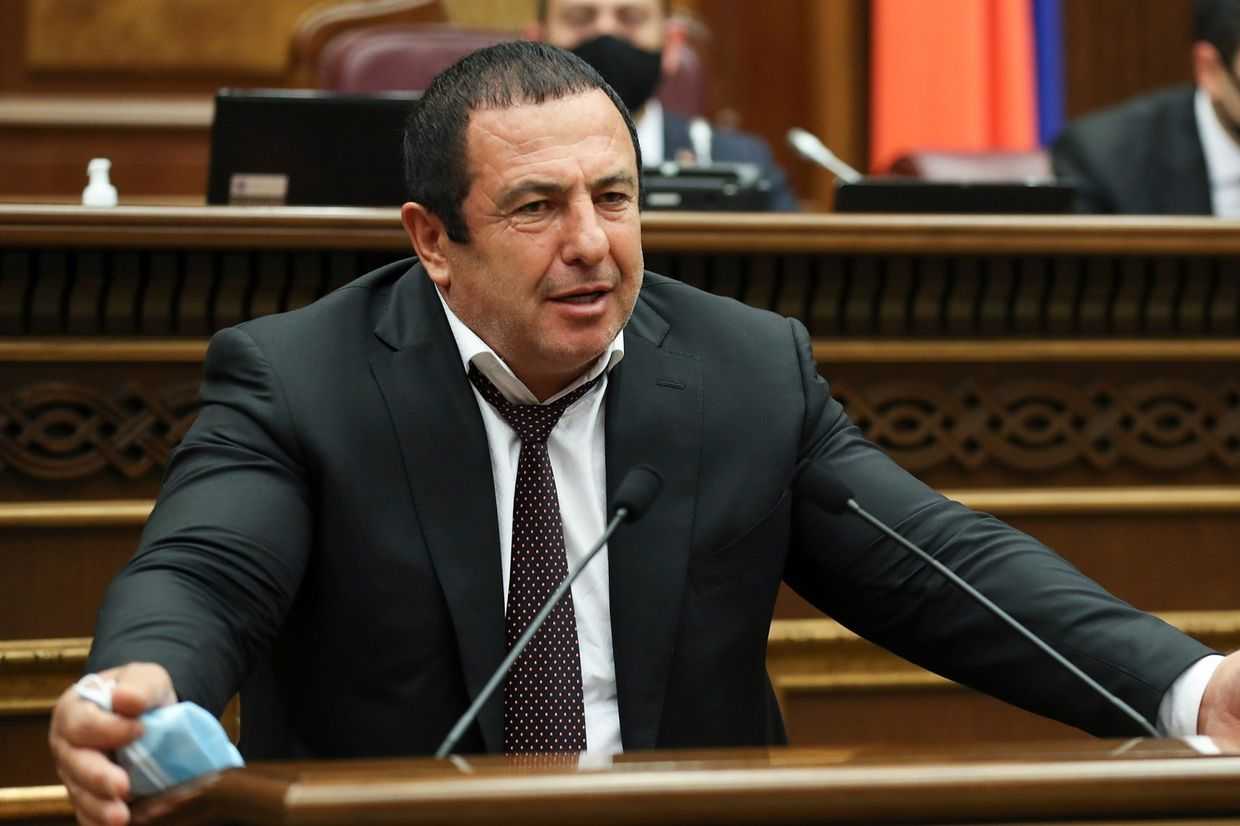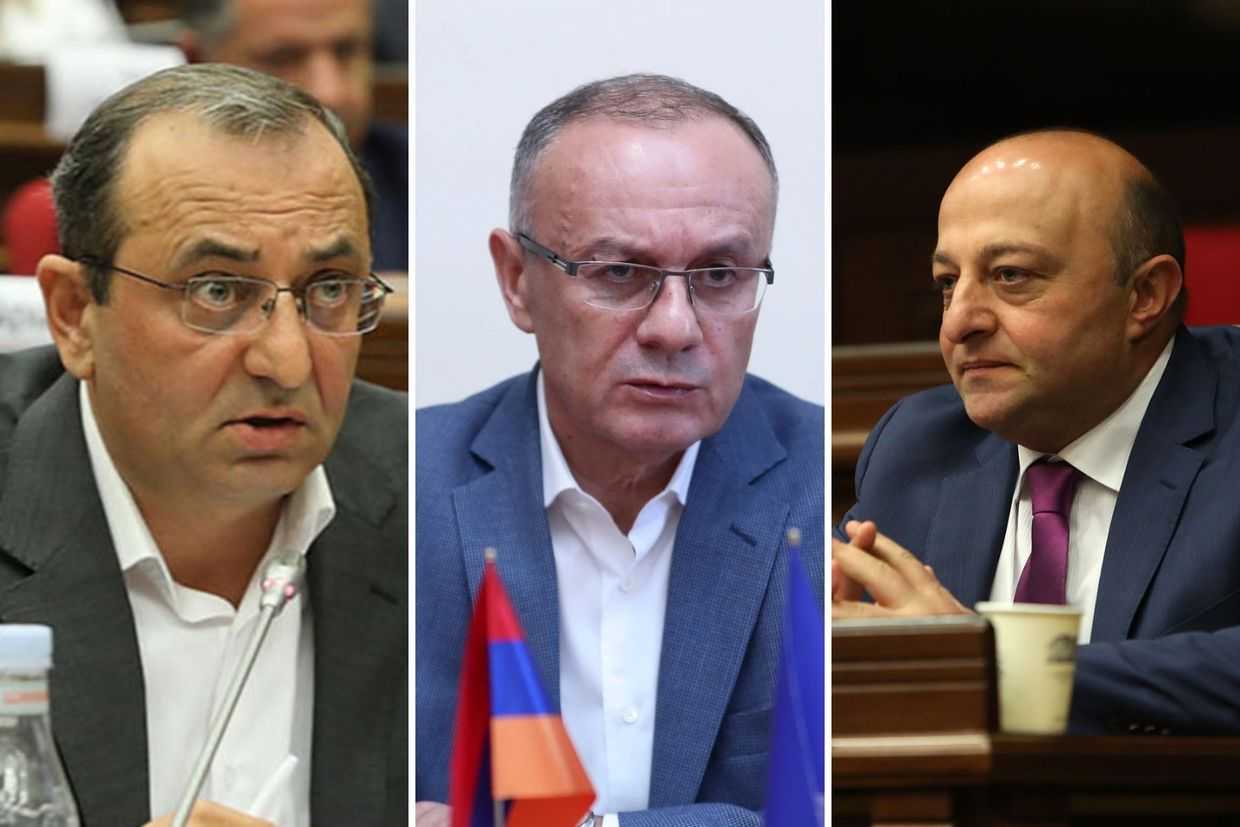

In Azerbaijan, as in Armenia, remembrance of the victims of past atrocities often takes on a one-sided nature. Despite attempts to twist and politicise such events to serve nationalist causes, a more compassionate approach is needed to move forward, and a remembrance that above all, innocent victims are always sacred.
Last week, Azerbaijan mourned her martyrs who fell during the Soviet violence committed 29 years ago in the capital, Baku. TV channels aired patriotic movies (ironically, these were mostly made in Soviet times), radios went silent, and social media profiles turned red and black.
Black January is an atrocity much remembered in modern times, yet there is never any Armenian involvement mentioned — no Armenian soldiers, no Armenian victims. How did Baku go from being remembered as the most cosmopolitan city of the South Caucasus to ‘Armenian-less’?
‘Fake news’
While the death toll of the Baku pogrom according to British journalist Thomas de Waal, in his book Black Garden, numbered around 90, it is a rarely visited event in Azerbaijani historiography. While you can see reactions to the Sumgayit pogrom in both governmental and non-governmental publications, the stance of Azerbaijanis on the Baku events are quite unclear and have been largely overshadowed by other Black January events.
For example, historian and professor Karim Shukurov described the forced removal of Armenians from Sumgayit and Baku as a necessary step to prevent the existence of a ‘fifth column’ in the future. He suggests that we must analyse these events within the context of the Nagorno-Karabakh War, rather than to see them as unrelated mass killings.
On the other hand, Panah Huseyn and Etibar Mammadov, former members of the Popular Front movement (a predecessor organisation to Azerbaijani Popular Front Party), have suggested that the pogrom was a conspiracy planned by the Soviet KGB. According to the Ministry of Foreign Affairs of Azerbaijan, the Armenian victims of 1990 were those who did not comply with the demands of the secessionists — thus they were ‘loyal Armenians’.
Are all of these statements lies or conspiracy theories? Or are they facts? Unless there is a full disclosure of the archives, non-historians will never know. In an era of ‘fake news’ and ‘post-truths’, it is easy to manipulate people with random claims. People simply do not know who to believe.
Whataboutism and nationalism
So, what stops us from remembering innocent victims? One answer is most certainly whataboutism. People tend to see justice as being on their side first; only after the grievances have passed might they think about the other side.
The problem with this stance is that they want to be their own judges in their own court. I like to call it the ouroboros of the victim complex. For these kinds of people, the Azerbaijani civilians killed in the town of Khojali cannot be remembered because they are used in political arguments by today’s politicians.
An Azerbaijani follower on Twitter once replied to a post of mine saying, ‘why should I remember Armenian victims, for what purpose? Do they remember our victims?’ Fair point, but someone has to start the process.
There are good things about remembrance — innocent victims are always sacred, no matter how they died or who killed them. The Rohingya, Uyghurs, Yazidis, Bosniaks, Armenians, and Azerbaijanis all mark days of remembrance, which, in theory, should help them (and us) think about the future.
Unfortunately, there are also downsides. Today, in this era of nationalism and whataboutism, these days often serve to assist revanchist politicians. Not even days of remembrance are inclusive anymore.
Can you see where the problem lies? Even if you honestly try to remember all of the victims of a tragedy and defend a minority, there is a good chance you will become a tool for propaganda and be demonised by society.
The path to peace is not without obstacles and it is important that we acknowledge the biggest one — irrational nationalism.
Just look at the thousands of Turks who chanted ‘We are all Armenians’ after the shocking assassination of Armenian Turkish journalist Hrant Dink in 2007. These men and women were hated and mocked by nationalist Turks and used as an ‘evidence of confession’ in regards to the Armenian Genocide by nationalist Armenians. Rather than being politicised, the actions of these Turks should have been seen as evidence of compassion.
When you are a nationalist, the death of millions is just a statistic, and statistics go hand in hand with propaganda. Nationalists have no compassion, as German philosopher Max Stirner once stated — they have a ‘paying kind of egoism’. Unfortunately, there will always be enemies of peace, and this is something we must take into account when attempting to bring about change.
Looking forward
In the wake of the hopeful news that the leaders of Armenia and Azerbaijan recognise the need to prepare their populations for peace, it appears worth a shot to open a positive dialogue between the two countries, remembering everyone’s grievances. After all, neither the victims of Khojali or Baku deserved what they went through.
Is this concept of discussion that hard to accept? Both nations claim to be generous and forgiving, and they now have a good chance to prove it.
There are already very good projects in the South Caucasus that bring people together in a way that does not exist anywhere else in the world — ordinary people engage in common peace projects like Chai Khana, and in various NGO activities (thank God for Tbilisi!).
Social media is another good tool that helps ordinary people bypass borders and talk to each other, whatever their government’s stance. In the South Caucasus, where you come from matters. It is not about where you are born, but where your parents are from. Karabakhi Azerbaijanis who have never seen Karabakh, Yeraz (Yerevan Azerbaijanis) who have never been to Armenia, and Bakuvians who are actually Armenians are all around us (and you).
Social media has allowed people like me to talk to people from Armenia, to ex-Bakuvians, to Armenian Turks, and everyone else in between. Should we fight forever until the last one of us dies or will we have a chance to talk to each other?
These are just some of the ways civil society is participating in moving forward. Now it’s is time for governments to step up as well.
This was achieved 100 years ago. Months after the March Days (where thousands of Azerbaijanis were killed by Bolshevik and Armenian Dashnak forces in what is officially remembered as a genocide in Azerbaijan) and the September Days (where thousands of Armenians were killed by Azerbaijani and Ottoman forces), Armenia and Azerbaijan both recognised each other as independent republics — they even share the same ‘birthday’.
Following independence, there were 11 Armenians in the Azerbaijani parliament, and six Azerbaijanis in the Armenian one. Imagine giving your supposed ‘enemy’ a seat in your parliament, just months after two horrific massacres. It is completely unthinkable that this could happen in the current, so-called ‘enlightened’ times.
Now it is time to take a long look at our past — not at how we killed each other, but how we got along even after all of these grievances.
The opinions expressed in this article are author’s alone, and do not necessarily reflect the views of OC Media’s editorial board.








